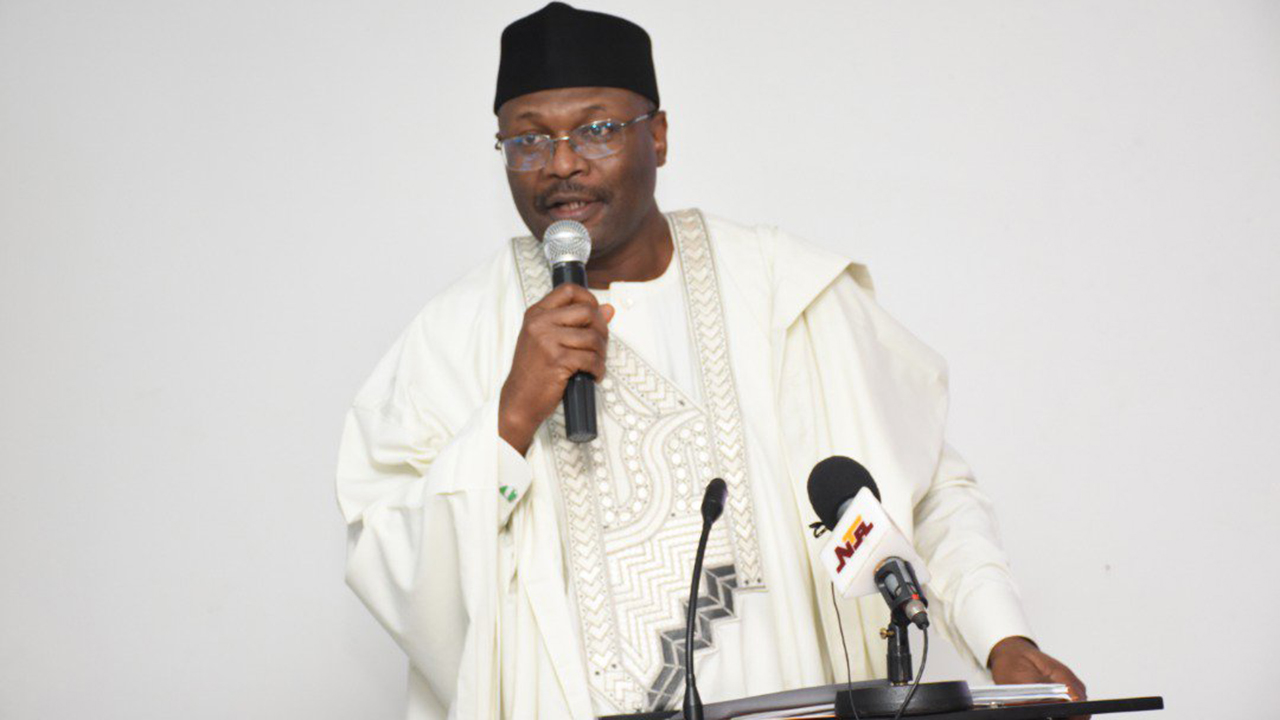
This follows discontent with Inspector General of Police (IGP)’s order on restriction of human and vehicular movement nationwide during the polls.
Joined in the suit are the IGP and Independent National Electoral Commission (INEC).
The plaintiffs are asking the court to declare that it a flagrant violation of the second applicant (Malcom)’s and other Nigerians their fundamental rights to freedom of movement, association and expression.
They argued that these are guaranteed by sections 39, 40, 41 and 46(1) of the 1999 Constitution of the Federal Republic of Nigeria (as amended) and, therefore, illegal, unlawful, undemocratic and unconstitutional.
They are also praying the court to declare that the IGP has no powers under the laws of Nigeria to breach the second applicant’s and citizen’s fundamental rights to freedom of movement, association and expression.
Consequently, the plaintiffs are asking for a court order to compel the IGP to protect and respect the fundamental rights of citizens and enforcement of those rights, as guaranteed in the constitution.
In a 56-paragraph affidavit, the plaintiffs argued that restriction of movement during the elections was a means of intimidation, coercion, suppression and subjugation of the people by the first respondent and his servants, agents and privies.
“That the first respondent did not take into account the aged, sick and the weak that will be transported to polling booths to cast their votes.
“That the first respondent did not take into account persons whose polling booths are not in the same location, as their places residence and must have to transport themselves to cast their votes,” they said.
The plaintiffs added that they filed the suit in good faith and in the overall interest of justice.
[ad unit=2]



